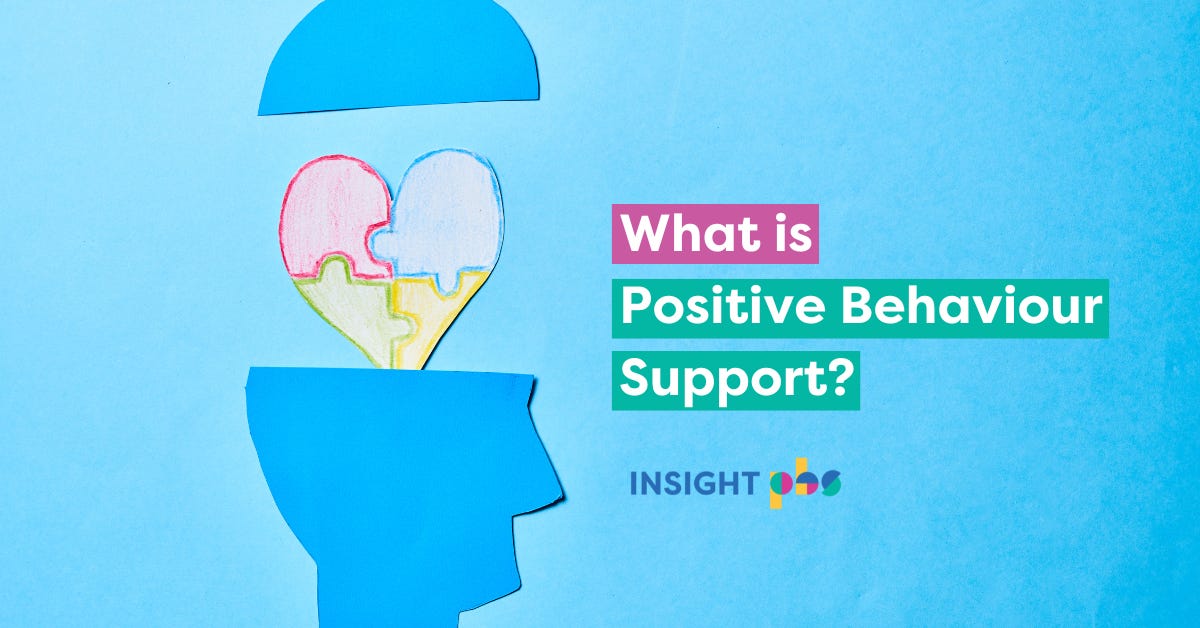What is Positive Behaviour Support?
A quick deep-dive on the growing industry. What is PBS, and what are the main goals it seeks to achieve?
Positive Behaviour Support (PBS) is a person-centred approach to supporting individuals with behavioural challenges to improve their quality of life. PBS aims to understand the reasons behind an individual's challenging behaviour and develop proactive strategies to prevent these behaviours from occurring in the first place. This approach focuses on building the individual's skills and strengths, rather than simply trying to reduce or eliminate problematic behaviours.
PBS involves several key components:
Person-centred planning: This involves working closely with the individual and having them and their views as the centre of the service
Functional behaviours assessment: This involves identifying the underlying reasons for challenging behaviours, such as environmental factors or unmet needs.
Positive/preventative strategies: This involves using and teaching strategies that will help the person to have their needs met in a prosocial way and develop the needed skills that will assist in in achieving higher level of quality of life.
Data-driven decision making: PBS emphasises the importance of collecting data on an individual's behaviours to identify potential trigger (and antecedents) track progress and make informed decisions about interventions.
Overall, PBS is a strengths-based approach that emphasises the importance of understanding the individual's needs and building on their strengths. It is used in a variety of settings, including schools, homes, and residential facilities, to support individuals with a range of behavioural challenges.
What are the goals of PBS?
The goals of PBS are to promote the well-being and quality of life of individuals and to reduce and eliminate restrictive practices. Here are some specific goals of PBS:
Understanding the individual's specific needs and preferences.
Identifying the underlying causes of challenging behaviours.
Developing proactive strategies: to have the persons needs met, and therefore prevent behaviours from occurring. This can include addressing environmental factors, such as sensory overload or lack of structure, and unmet needs, such as hunger or social isolation.
Teaching and developing new skills to help them cope with challenging situations and promote positive behaviours. This can include social skills, communication skills, and coping strategies.
PBS uses positive reinforcement to encourage positive behaviours, such as praise, rewards, and privileges. This approach is designed to encourage positive behaviours rather than punishing or eliminating problematic behaviours.
Monitoring progress and adjusting interventions accordingly: This allows for ongoing adjustments to the support plan to ensure that it is effective and meets the individual's needs.
Overall, the goals of PBS are to promote positive behaviours and reduce challenging behaviours in a way that is tailored to the individual's unique needs and circumstances.
Resources:
Learn more about PBS via our blog here.
Want to work with us? Check out our careers page.
Refer to Insight Positive Behaviour Support here.
Follow us on Youtube, Facebook, Instagram, LinkedIn, Twitter (X) and TikTok!
Want to discuss or have any questions about Positive Behaviour Support ? Feel free to contact us.




